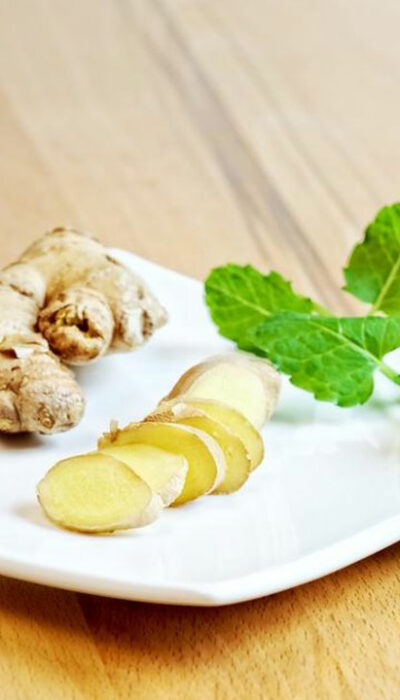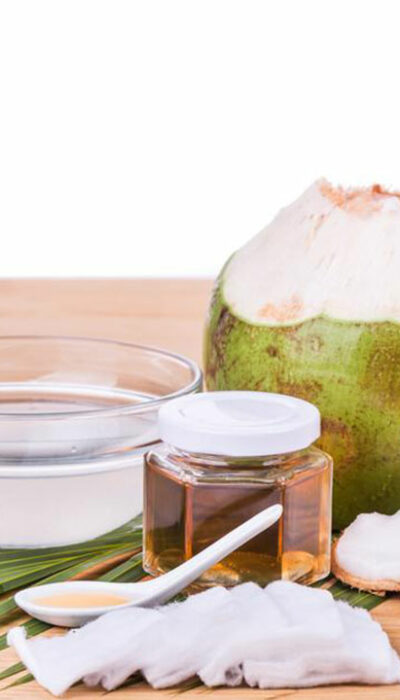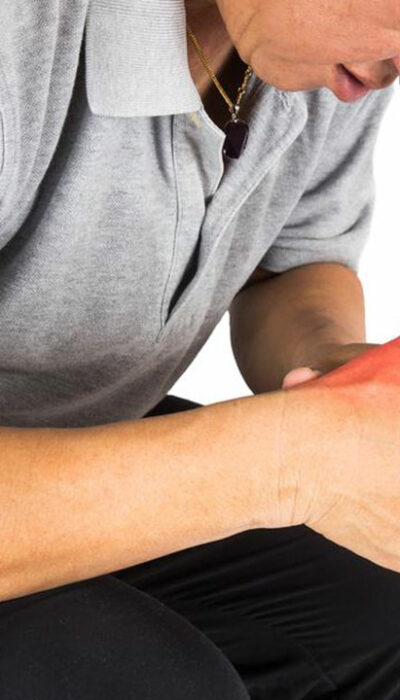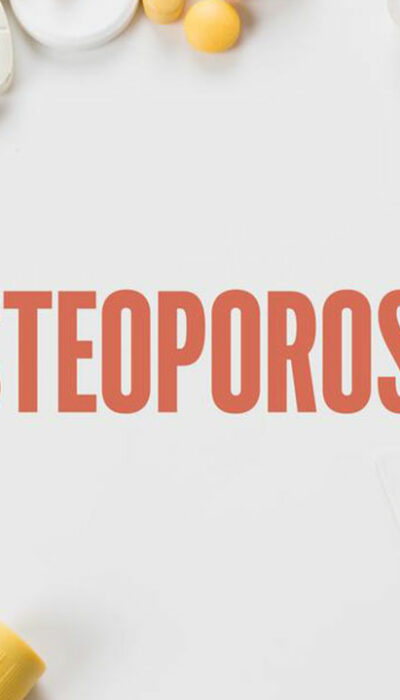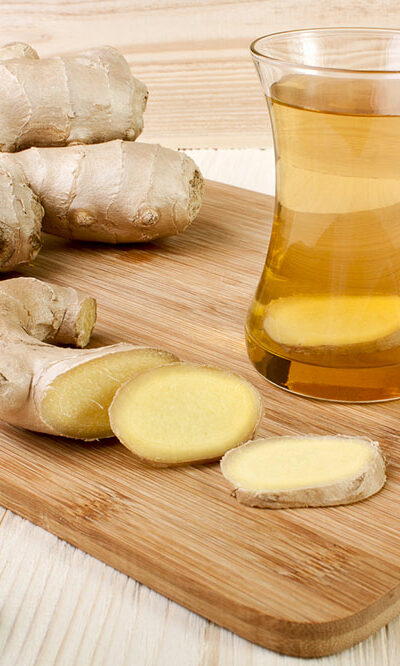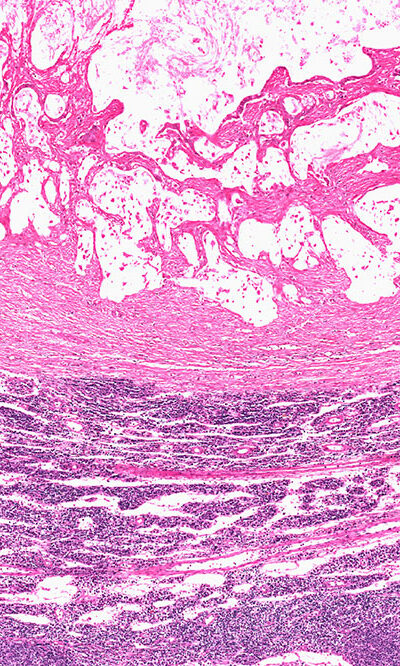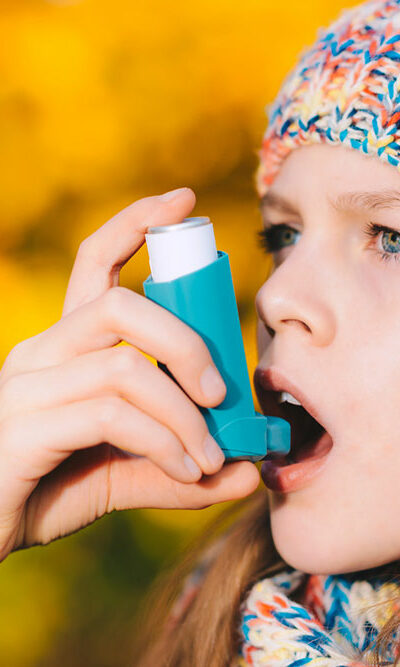
How to Relieve Your Kids from Allergies
Allergic reactions affect everyone. Kids, infants, and toddlers are no exceptions. Your child could suffer from any of the numerous allergies. Identify the trigger, and consult with your pediatrician to find the right treatment. What are allergic reactions? Allergic reactions are the first signs of the body’s defense mechanism, kickstarting its work. The immune system releases a chemical called histamine which stimulates the body to display signals in the form of allergic reactions like—sneezing, running nose, rashes, etc. Histamine might help the body block or kick out invasive substances, but severe allergic reactions can be harmful. That is why people with allergies are prescribed antihistamines, which suppress the reactions caused by histamines. Allergies in kids Allergic reactions in kids can include skin symptoms like hives and rashes. These are caused by allergens like insect stings, animal dander, etc. Allergies can also manifest themselves in the form of respiratory symptoms like—blocked nose, itchy eyes, sneezing and coughing. Severe reactions can trigger anaphylactic shock, which can be fatal. Some common allergic reactions: Rashes or hives Itchy skin Bumpy, inflamed red spots Sneezing Running nose Nasal congestion Coughing Itchy, watery eyes Wheezing If the reaction is severe, and it develops into anaphylaxis, you might notice these symptoms: Swollen throat, tongue or face Dizziness Cramps, nausea, and vomiting Diarrhoea Your child may even become unconscious If you notice any of these severe symptoms, emergency medical attention is required, so rush your child to a hospital. Kids allergy relief Consult your pediatrician about your kid’s allergies, and try to identify the common triggers. Once you find what causes the reaction, do your best to keep your child away from triggers. Knowing the best kids allergy relief is of utmost importance. If your pet is causing allergies: You may have to consider giving your pets away If the allergy is not severe, you could give the pets frequent wash and brush to keep them free of dander Limit the contact the child has with animals If insect bites cause an allergic reaction:
